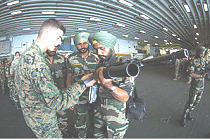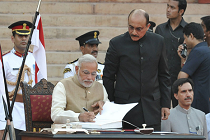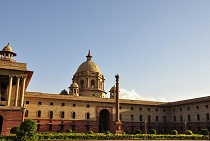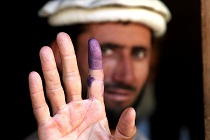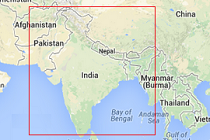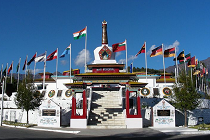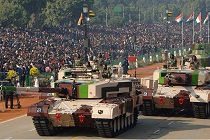Hagel in India: building greater synergy
U.S. defence secretary Chuck Hagel’s visit is the third in a flurry of visits by top American officials before the scheduled Modi-Obama meet in September. Hagel’s visit will aim to enhance an already well-established defence-trade partnership and allay fears of the Pentagon’s bias towards Pakistan

